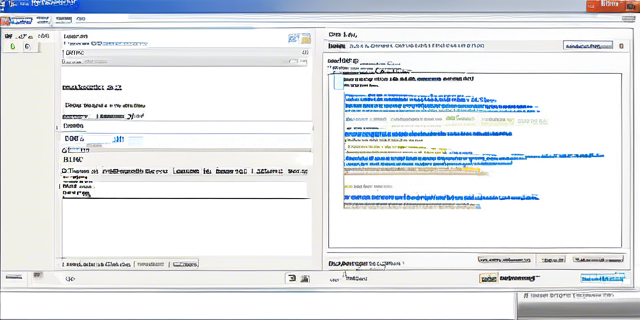
28
Legal Compliance When Using SMTP Authentication Test Tools
SMTP authentication test tools are crucial for ensuring secure email transmission, but their usage comes with legal responsibilities. This article examines the legal implications of using SMTP authentication test tools, focusing on compliance with email security regulations, data protection laws, and best practices for maintaining legal and ethical standards.
Introduction
In the digital age, securing email communication is more important than ever. SMTP (Simple Mail Transfer Protocol) authentication test tools play a vital role in ensuring that emails are sent and received securely, preventing unauthorized access and reducing the risk of email-based attacks. However, the use of these tools is not without legal considerations. This article explores the legal aspects of using SMTP authentication test tools, including compliance with relevant email security regulations and data protection laws.
What Are SMTP Authentication Test Tools?
SMTP authentication test tools are used to verify that an email server is correctly configured to authenticate email senders. By ensuring that only authorized users can send emails through a server, these tools help prevent spoofing, phishing, and other malicious activities. However, while these tools are essential for maintaining email security, they must be used in compliance with legal requirements to avoid potential legal issues.
Legal Considerations When Using SMTP Authentication Test Tools
- Compliance with Email Security Regulations: Various laws and regulations govern the security of email communications, including the GDPR in the European Union and the CAN-SPAM Act in the United States. These regulations require businesses to implement adequate security measures to protect email transmissions. When using SMTP authentication test tools, it is essential to ensure that your email server configurations comply with these regulations, particularly regarding the authentication of email senders.
- Data Protection and Privacy: The use of SMTP authentication test tools often involves handling sensitive information, such as usernames and passwords. Under data protection laws like the GDPR, businesses are required to protect this information from unauthorized access and misuse. This includes encrypting sensitive data during transmission and storage and ensuring that only authorized personnel have access to it.
- Ethical Use of SMTP Authentication Test Tools: While these tools are designed to enhance security, they can be misused if not handled responsibly. For instance, testing SMTP authentication on servers without the owner's permission can lead to legal consequences. It is crucial to use these tools ethically, only on servers for which you have authorization, and to follow best practices to avoid any legal or ethical breaches.
Best Practices for Legal Compliance
- Secure Your Credentials: Ensure that the credentials used during SMTP authentication testing are securely stored and transmitted. Use encryption to protect sensitive data from unauthorized access.
- Obtain Proper Authorization: Always obtain permission before testing SMTP authentication on a server, especially if it is not owned by your organization. Unauthorized testing can lead to legal action.
- Stay Updated on Legal Requirements: Email security laws and regulations are continually evolving. Stay informed about any changes to ensure that your use of SMTP authentication test tools remains compliant.
- Document Your Testing Procedures: Maintain detailed records of your testing activities, including the tools used, the servers tested, and the results. This documentation can serve as evidence of your compliance with legal requirements.
- Educate Your Team: Ensure that your IT and security teams are aware of the legal and ethical considerations when using SMTP authentication test tools. Provide training on the proper use of these tools to prevent misuse.
Conclusion
SMTP authentication test tools are invaluable for maintaining secure email communication, but their use comes with significant legal responsibilities. By understanding and adhering to the legal requirements associated with email security and data protection, businesses can use these tools effectively while minimizing the risk of legal issues. Ethical and compliant use of SMTP authentication test tools not only protects your organization from legal liabilities but also enhances your overall email security posture, building trust with clients and partners.
Contact
Missing something?
Feel free to request missing tools or give some feedback using our contact form.
Contact Us